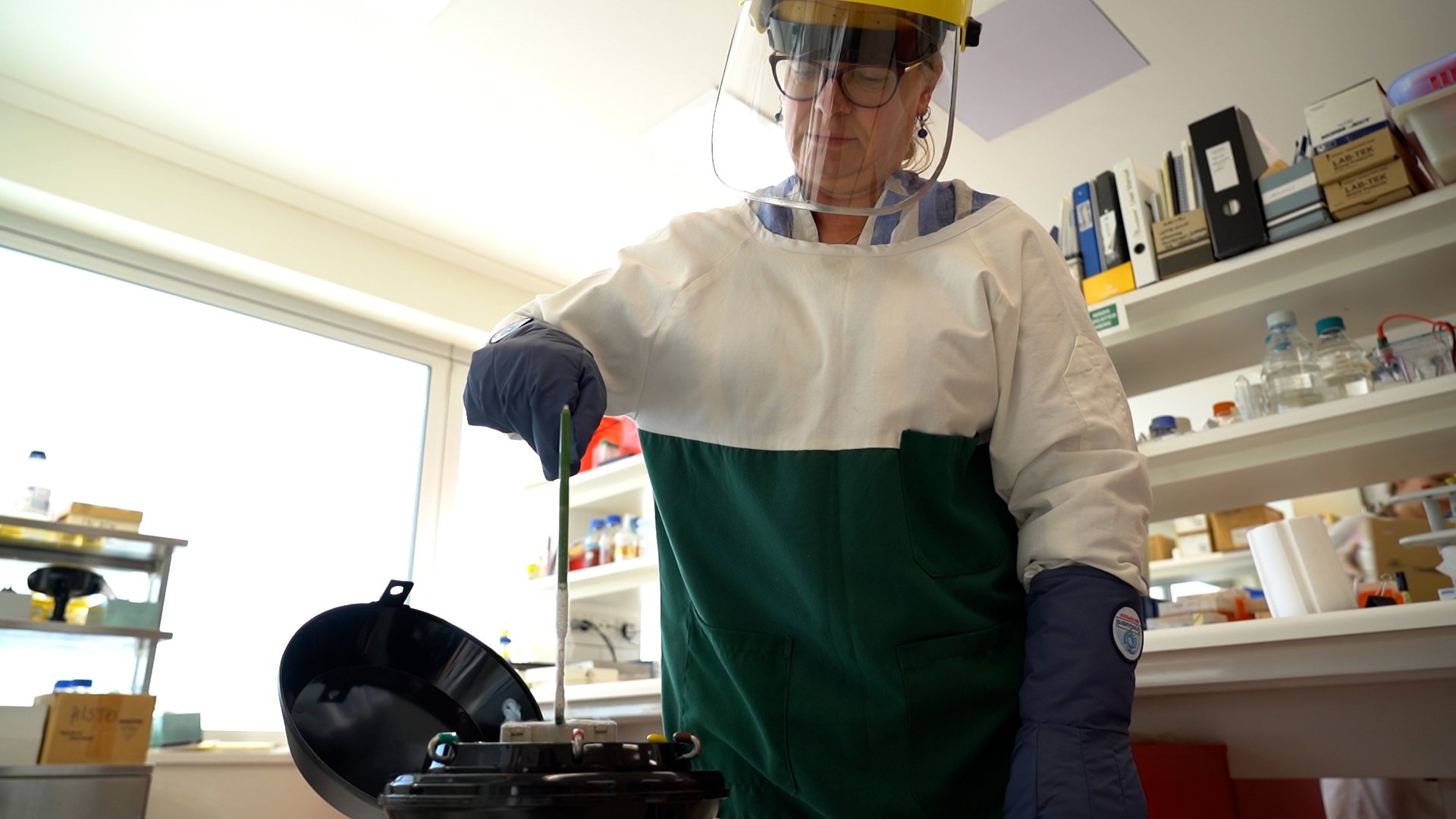Community Questions raised in 2021 CFSA AGM
Back to StoriesDuring the 2021 CFSA AGM, several questions were raised by CFSA member Gloria Lancione and treated as Other Business in the Agenda. All the questions raised were answered during the AGM and at the request of CFSA Board and several members, the answers were to be listed on the CFSA Website.
For your convenience, the questions and answers presented in the AGM can be found below
Question 10.1
Given there has been expressed concern from members that CFSA is moving away from its ‘grassroots’ values, towards a detached professional model, where the board members have little knowledge of the lived experience of CF. What is the boards plan to provide a transparent and inclusive processes in future?
The optimal balance in the membership of the Board is a combination of “lived experience” and professional skills. The CFSA Constitution also recognises this (see clauses 21 and 22) and therefore makes provision for elected, ex-officio and appointed members.
This can clearly be seen in the make-up of the current Board. All types of contributions are recognised as adding value to the work of CFSA. It is not appropriate to describe the volunteer contribution of any Board member as “detatched”, they are just different and together, all make an important contribution.
Question 10.2
The Constitution was written giving the members voting rights to all Board positions, with elected members choosing within themselves to appoint executive positions. Why then did the Board choose to go against convention and the spirit of the Constitution to appoint a President/Chair without consulting the community and membership base?
The appointment of all the current Board members accords with the provisions of the Constitution. The current office bearers were selected by members of the Board with some being elected, some being appointed in recognition of particular personal skills and some acting in an ex-officio capacity in order to add particular experience and skills to the Board’s decisions.
The Constitution does not provide for the appointment of office bearers as a result of consultation with its members. The Constitution confirms that office bearers are (clause 19.2) elected or appointed by members of the Board. The opportunity for members to influence the make-up of the Board and therefore the pool from which office bearers can be drawn, is to participate in the nomination and election of Board members.
Question 10.3
Cystic Fibrosis puts added demand on individual and family lives, what can CFSA do to help more PWCF and their allies to participate in self-governance and determination in advocacy and the association?
CFSA recognises the additional demands that CF places on People Living with Cystic Fibrosis (PWCF) and their families and offers a wide range of services to help ease some of these pressures. The composition of the Board, as defined by the Constitution, regular communication of topical issues and the role that CFSA plays in advocating for CF focused outcomes, helps to engage members of the broader CF community. There is, for sure, more that can be done, and this will no doubt be a topic for consideration at the strategic planning sessions being held in June.
Question 10.4
The ongoing advocacy between CFSA and the hospitals and SA Health has stalled. What is the Boards plan to establish a strong advocacy influence?
The formal forum for on-going consultation between the hospitals and SA Health (the Partnership) has recently been re-established and is attended by both the Secretary and CEO of CFSA and provides a good opportunity for discussion with representatives of both hospital CF clinics as well as SA Health. These are held every 2 months.
Ongoing in-formal discussions also occur when the need arises to discuss individual matters or those that impact on the broader CF community.
Question 10.5
How does the Board plan to hold the Health department and the hospitals accountable to provide funding, services and staffing they have previously promised us? What is the plan to lobby for future funding, services and staffing to ensure services keep up with the increasing demand of more people with CF living longer with more complications?
Whilst CFSA will continue to work with the many providers of services to the CF community and its various stakeholders, it is not in a position to “direct” SA Health to provide increased resources. The opportunity to advocate for community members is confined to ensuring that the clinical needs of the CF community are well understood.
Question 10.6
How does CFSA plan to tackle the health department’s continuous exclusion of PWCF, the ongoing outsourcing of CF specialities and the dilution of knowledge base away from the hospitals?
Building solid and trusted relationships with the various professionals working to treat members of the CF community, is the key to building confidence within the various health professionals as they undertake their work. Inclusion in these discussions can only improve if these conversations are built on mutual respect and professionalism.

